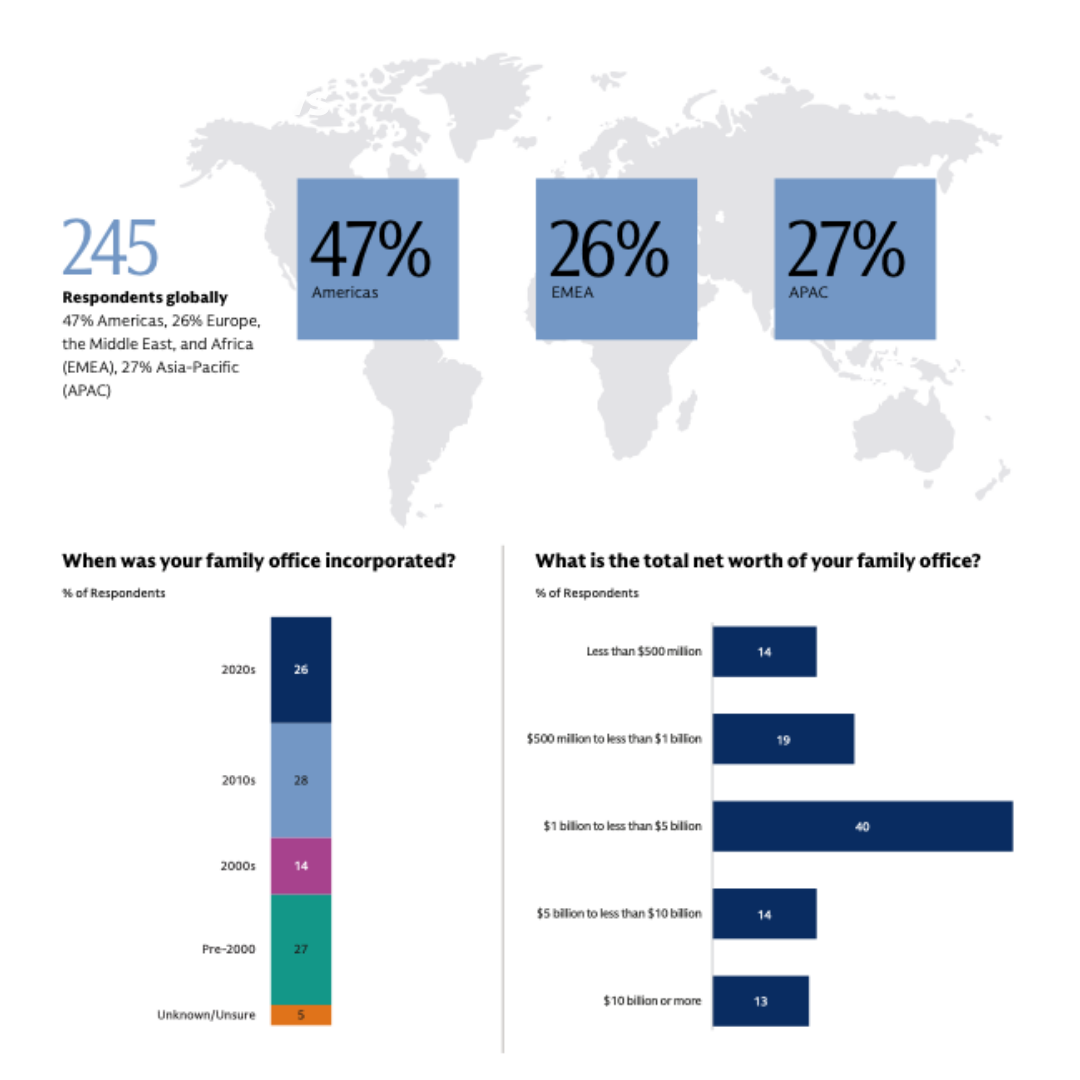Article explores how family offices are shifting strategy amid higher rates, inflation, and geopolitical complexity. The report finds a decisive move toward private markets, real assets, and thematic investments as families seek resilience and long-term compounding beyond traditional 60/40 portfolios. For investors, it illustrates how flexible, multi-asset allocation has become essential to navigating the new market regime.
Article explores how family offices are shifting strategy amid higher rates, inflation, and geopolitical complexity. The report finds a decisive move toward private markets, real assets, and thematic investments as families seek resilience and long-term compounding beyond traditional 60/40 portfolios. For investors, it illustrates how flexible, multi-asset allocation has become essential to navigating the new market regime.
 Read Full Article
Read Full Article